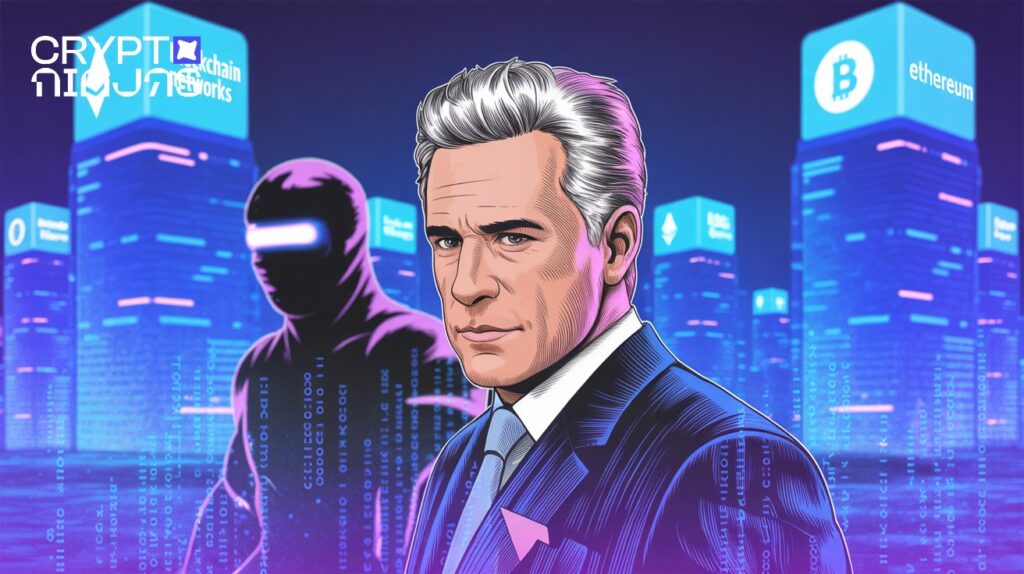Argentina’s President Cleared of Allegations in Cryptocurrency Controversy, but Political Debates Persist
Key Highlights:
- Official Exoneration: Argentina’s Anti-Corruption Agency (OA) has officially cleared President Javier Milei of any ethical violations related to his promotion of a cryptocurrency project that experienced a dramatic rise and fall shortly after his endorsement.
- The Incident: The controversy centers on Milei’s social media promotion of a digital token called $LIBRA in February 2025, which saw a rapid increase in value followed by a steep decline, resulting in significant investor losses.
- Legal Rationale: The OA determined that Milei was acting in his capacity as a private citizen and economist at the time of his social media post, not as a government official, thus not breaching public ethics laws.
- Ongoing Political Tensions: Critics argue that the investigation’s outcome overlooks potential conflicts of interest and fails to address ongoing criminal inquiries, fueling political discord.
The “Cryptogate” Scandal: A Political and Legal Overview
In a move that has stirred both relief and controversy, Argentina’s Anti-Corruption Agency has concluded its investigation into President Javier Milei’s involvement in what has been dubbed “Cryptogate.” The agency’s decision to clear him of ethical misconduct marks a significant development in a case that has captured national attention, especially given the volatile nature of the $LIBRA token’s market performance.
Despite the official clearance, the case remains a hot-button issue, with many questioning whether the investigation was thorough enough, considering the political implications of a sitting president endorsing a high-risk financial product.
The Rise and Fall of $LIBRA: A Digital Token’s Brief Saga
The controversy ignited on February 14, 2025, when Milei used his personal social media account to endorse a then-unknown cryptocurrency called $LIBRA. He promoted it as a tool to support small businesses and invigorate Argentina’s sluggish economy. His endorsement caused an immediate market frenzy: the token’s value surged by over 1,300%, and its market capitalization ballooned to billions of dollars within hours, attracting thousands of investors eager to capitalize on the hype.
However, the euphoria was short-lived. Within hours, the token’s value plummeted by more than 90%, as early investors and developers reportedly liquidated their holdings in what appeared to be a classic “rug pull” scam. This sudden collapse left many retail investors with devastating losses. In response, Milei deleted his social media post and later claimed he was unaware of the project’s critical details and had no personal stake in it.
Legal and Ethical Foundations of the Ruling
The OA’s decision hinges on a crucial legal distinction: at the time of his social media activity, Milei was considered a private individual and an economist, not a public official. The agency’s report emphasizes that his social media post was made before he assumed office and was not connected to any official government action or resource.
The agency’s head, appointed by Milei’s administration, stated that since Milei’s personal account and his role as an economist predated his presidency, his social media activity did not violate the country’s Public Ethics Laws. Furthermore, the investigation found no evidence linking the promotion of $LIBRA to any official government decision or contract.
Political Ramifications and Criticisms
Despite the formal exoneration, the ruling has sparked intense debate. Critics argue that the investigation’s independence is questionable, given that the agency responsible is part of Milei’s government. Opponents contend that the decision sidesteps potential conflicts of interest, especially considering the high-profile nature of the scandal and the serious financial repercussions for investors.
Moreover, the case is not closed from a legal standpoint. A separate federal criminal investigation is ongoing, examining allegations of fraud and other criminal conduct related to the $LIBRA project. Opposition parties have also called for congressional hearings to scrutinize the incident further.
This case exemplifies the complex intersection of emerging financial technologies, social media influence, and political accountability. It underscores the urgent need for updated regulations that address the unique challenges posed by cryptocurrencies and digital assets, especially when public figures are involved.
Broader Context: The Future of Cryptocurrency Regulation in Argentina
Argentina’s handling of the $LIBRA scandal highlights the broader challenges faced by governments worldwide in regulating digital assets. As cryptocurrencies become more mainstream, lawmakers are under increasing pressure to establish clear legal frameworks that prevent market manipulation and protect investors, while also respecting free speech rights.
Recent statistics indicate that Latin America remains a hotbed for cryptocurrency adoption, with countries like Argentina experiencing a 20% increase in digital currency use over the past year. This trend underscores the importance of developing comprehensive policies that balance innovation with consumer protection.
Final Thoughts
While the official clearance of President Milei may bring some relief, the incident serves as a stark reminder of the risks associated with social media-driven financial promotions and the importance of transparent regulatory standards. As Argentina continues to navigate this evolving landscape, the case emphasizes the need for clearer guidelines to prevent similar incidents and ensure accountability for public figures engaging with high-risk financial products.
More News: Amid ongoing investigations into the $LIBRA token’s collapse, Argentina has initiated a formal inquiry into potential securities violations and market manipulation related to the incident.

